The Nashville Area Chamber of Commerce is involved in education policy work on many fronts, as part of our mission of facilitating community leadership to create economic prosperity. Public education is the Chamber’s No. 1 priority, with our annual Education Report Card serving more specifically as a catalog of the overall performance of Metro Nashville Public Schools (MNPS), which serves nearly 86,000 students.
This independent viewpoint of the successes and challenges of MNPS is important because it creates a sense of urgency in Nashville’s public education strategies to ensure that all students have access to the highest-quality education and are graduating from high school college- and career-ready.
The 2015 Report Card, released Dec. 15, 2015, reflects more than 750 hours of research, interviews, meetings, school visits and data review by 23 volunteers, including 10 Metro Schools parents.
Chamber President and CEO Ralph Schulz described the Report Card project as one of the most time-consuming and difficult tasks the Chamber asks volunteers to undertake. “It takes extraordinary leadership to be able to pull this off, and final recommendations serve as a planning resource to the school district and business community,” Schulz said during his remarks at the December event.
The data shared by the Education Report Card Committee, which was chaired by Rob Elliott of Stansell Electronic Company and Jewell Winn of Tennessee State University, reflected that MNPS did not record overall improvement during the 2014-2015 school year. Of particular note, elementary schools have not experienced significant academic growth in the past five years. The committee found it unacceptable that 64 percent of MNPS students enter middle school only able to read at basic or below basic levels. Twenty percent of MNPS students attended a school identified as high-quality in 2015, and there was a net increase of five schools listed as target schools (mostly elementary and middle). This means one out of every 10 (8,500) MNPS students attends one of the system’s lowest-performing schools.
In order to improve MNPS’ academic outcomes, the Education Report Card Committee proposed the following recommendations based on research, best practices and data provided. For the 2015-2016 school year, MNPS should put a considerable amount of focus on:
- Implementing a dramatic intervention for all students reading below grade level in the first through third grades.
- Increasing collaboration among educational delivery systems, including charter, zoned and choice schools.
- Conducting an independent and comprehensive review of its human capital department with HR professionals from Nashville’s leading businesses.
- The State of Tennessee should strengthen the current pre-K program by requiring districts to reapply for early childhood funding, and ensure high-quality and coordination with early elementary grade instruction.
While many areas within MNPS need improvement, there are also pockets of success throughout the district, as reflected by an increase from 29 to 30 percent of 11th-grade students scoring a 21 or higher on the ACT; additionally, the graduation rate rose from 78.7 percent in 2014 to 81.6 percent in 2015. High school results continue to lead district improvement.
These are steps in the right direction, but what does all this mean for MNPS graduates looking toward college and careers? If there are not consistent and significant academic improvements annually, MNPS students will be underprepared for their next chapter – entrance into a college of their choice, gainful employment, obtaining soft skills, and the ability to think critically and contribute effectively to the economy. As Mayor Megan Barry said at the release event, “A child doesn’t have the luxury of being stuck in a bad school because they don’t have time.” She couldn’t have been more precise. The time is always right to do what’s right for our future. Education should be a top priority on everyone’s agenda.
During the same event, a candid speech from School Board Chairman Sharon Gentry encapsulated the essence of the Report Card release as she urged everyone to be bold, look beyond the headlines and force conversation beyond the symptoms, which is often the focus. Gentry ended her speech with a visualization: “Close your eyes the next time you see data about students and imagine that it’s your child.”
As parents, volunteers and education advocates, we find ourselves attempting to solve every area of struggle in education: lack of resources for schools, social needs of students, additional support for teachers and the like. The reality is that one person or organization cannot do it alone, but we can all do something transformational together. The most effective solution to solving MNPS’ challenges will be continued engagement of individuals, organizations and businesses who are willing to put student futures first. Everyone must act by getting involved in the conversation about the state of public education; though you may not sit directly at the table where decisions are made, the Nashville community does have a voice to influence how legislation is made and what resources are provided to transform the educational experience. It takes collaboration on every front to ensure success. The Chamber is committed to continuing to work alongside our business and community partners and MNPS.
